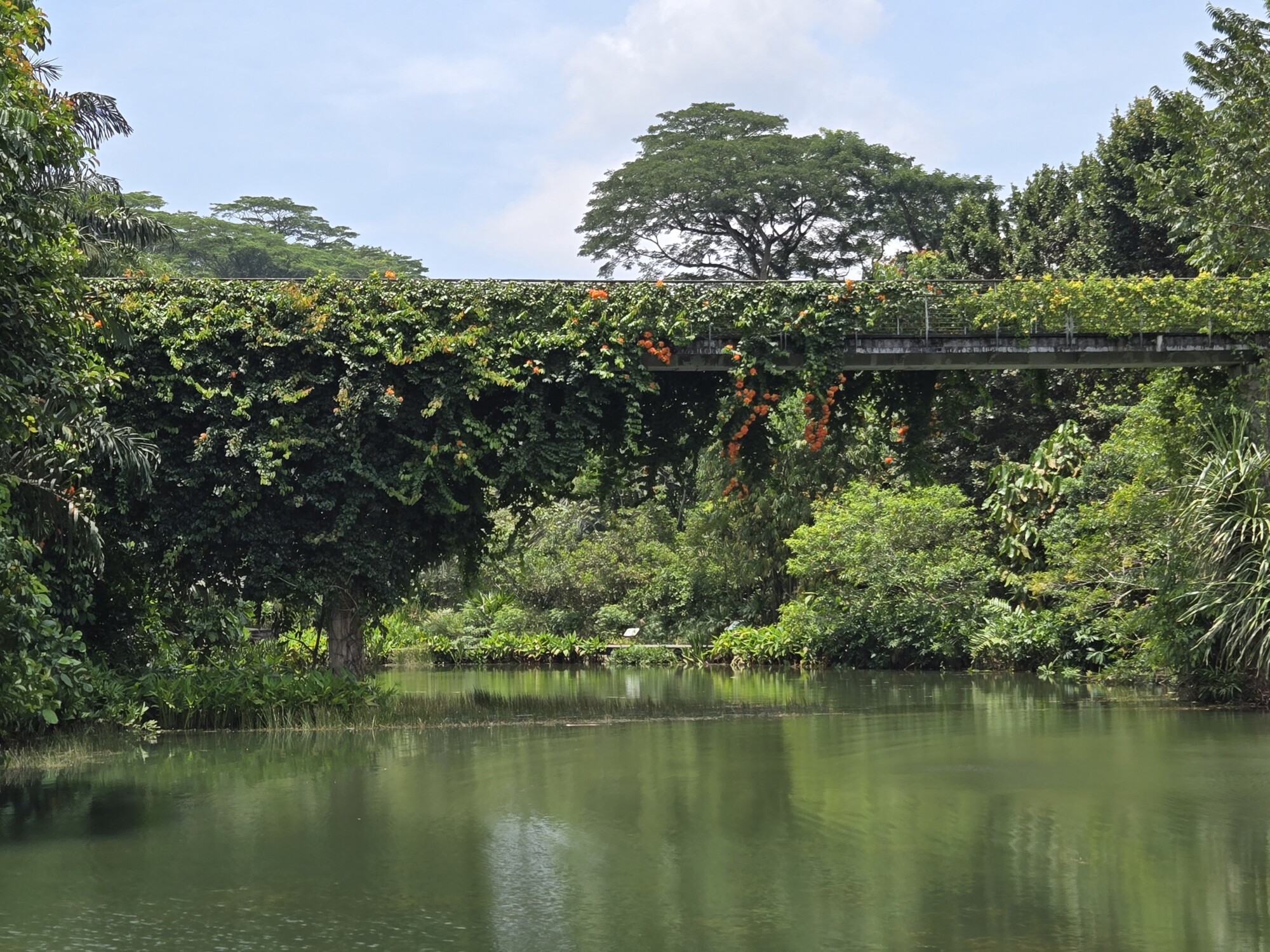
Savonia Article Pro: Environmental Friendliness in Physiotherapy Education – Thoughts on a More Sustainable Path
Savonia Article Pro is a collection of multidisciplinary Savonia expertise on various topics.
This work is licensed under CC BY-SA 4.0
Introduction
Sustainable health and environmentally friendly action are not separate themes; they go naturally hand in hand. Sustainable health means wellbeing for everyone, but in a way that respects the limits of our planet. According to Wanyenze and colleagues (2023), progress toward the UN Sustainable Development Goals has been too slow. And this can be seen in healthcare as well. It is hard to talk about people’s wellbeing if we forget the environment that makes it possible. The same applies to physiotherapy, especially when we think about how future professionals are educated to understand their responsibility as part of a larger whole.
This article is part of a blog series related to the Global and Sustainable Health (GOSH) project, funded by the Finnish National Agency for Education (TFK). The project has involved collaboration between four universities of applied sciences: Turku UAS, JAMK, Singapore Institute of Technology: University of Applied Sciences, and Savonia UAS. Together, they have developed a 5-credit study module titled Global and Sustainable Health. The course explores its main themes from the perspective of rehabilitation. It included an intensive week, which in autumn 2025 was held in Singapore. The blog articles describe students’ learning experiences, perspectives, and reflections during the intensive week.
Physiotherapy Education and Sustainable Thinking
Physiotherapy is part of a society where health and the environment are connected. Palstam and Swärdh (2025) write that “sustainability competence” alone is no longer enough. We need deeper thinking; ethical and environmental awareness, and the ability to react responsibly. We also need the will to understand how our actions affect the environment, to question usual practices, and to take an active role in creating more sustainable solutions.
This is also about professional identity: what does it mean to be a physiotherapist in a time when climate change and the use of resources directly affect health? From the viewpoint of sustainable future and future generations, physiotherapy can no longer focus only on supporting individual physical ability. It must also include ecological and social responsibility.
How Does Sustainability Appear in Education?
In Finland, environmental perspectives are already somewhat visible in physiotherapy education. Online learning, remote physiotherapy, and using natural environments have become part of everyday practice. All this supports sustainability, but it is worth asking if they were adopted for environmental reasons, or mainly for other goals such as accessibility, lower costs, or pedagogical development.
I would like to see more open discussion on how environmental views could be included in the core of physiotherapy education, not just as an extra theme, but as a natural part of all teaching and learning. This would be a forward-looking, globally connected, and much-needed approach.
Environmental Physiotherapy – An Idea or the Future Normal?
Padhy and Raj (2021) talk about “environmental physiotherapy”, an idea that asks us to look at physiotherapy in a new way: how the wellbeing of individuals, communities, and the environment are linked. Physiotherapy could be part of the solution, not only a treatment that fixes problems, but also an approach that supports sustainable lifestyles and environmental health.
A “green rehabilitation path” could mean, for example, exercising in nature, using energy-efficient facilities, having fewer disposable materials, and making more thoughtful choices of equipment. Course goals could include helping students see the environmental effects of physiotherapy practices and improve them in more sustainable ways. These can be small changes, but together they can shape the way the field thinks and works toward a more ecological direction. This also requires change from educators, both in study plans and in ways of thinking.
The Responsibility and Opportunity of Education
Universities of applied sciences have an important role in shaping the future of physiotherapy in Finland. Wanyenze et al. (2023) say that sustainable health should be part of all teaching and research, not only a separate course or project. In physiotherapy education, this could mean community projects where students look for local, eco-friendly ways to support rehabilitation and movement, or classroom discussions about what ecological responsibility means in daily professional work.
Sustainable physiotherapy will not happen overnight. It grows from small choices, openness, and a wish to do things differently. The key question is: how can we, as teachers, students, and professionals, move from awareness to real actions that make a difference in everyday life? What small or big, but meaningful steps could we take today to make physiotherapy a true part of sustainable and responsible healthcare in the future?
Authors:
Sonja Lydman, Physiotherapy student, Savonia University of Applied Sciences
Marja Äijö, PT, PhD Principal Lecturer of gerontology and rehabilitation, Savonia, University of Applied Sciences, Kuopio, Finland.
References:
Padhy, R. K., & Raj, R. (2021). Environmental physiotherapy and global issues. International Journal of Innovative Science and Research Technology, 6(10).
Palstam, A., & Swärdh, E. (2025). Beyond sustainability competence: Ethical and environmental responsiveness in physiotherapy education and professional identity – Editorial. European Journal of Physiotherapy, 27(3), 133–135.
Wanyenze, R. K., Alfvén, T., Ndejjo, R., Viberg, N., Båge, K., Batte, C., Helldén, D., Lindgren, H., Mayega, R. W., Ndeezi, G., Swartling Peterson, S., Nawangwe, B., & Ottersen, O. P. (2023). Sustainable health – a call to action. BMC Global and Public Health.